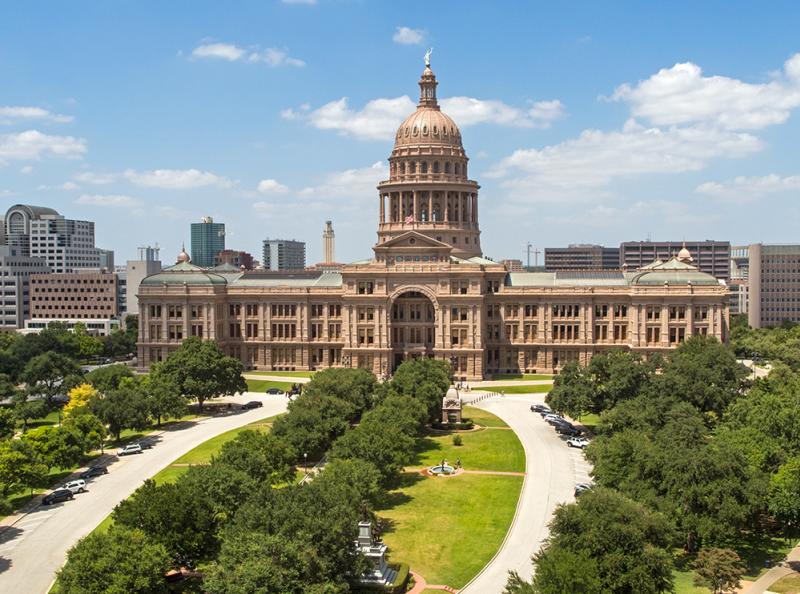Senate closes session with major grid reform
Published 12:16 am Wednesday, June 9, 2021
|
Getting your Trinity Audio player ready...
|
The Senate approved legislation late Sunday that would require weatherization of critical energy facilities and completely overhaul the management and oversight structure of the organization that oversees the state electric grid. In a session that looked to be dominated by other concerns, the February winter storm put the Electric Reliability Council of Texas (ERCOT) at the top of the agenda. “We thought it was going to be COVID, it was going to be a budget that didn’t have enough money in it, and all these things,” said Brenham Senator Lois Kolkhorst. “Unbeknownst to us, in the middle of February we found ourselves in one of the greatest crises, I believe, that our state has ever seen. A grid that almost had a meltdown that could’ve kept us in the dark for weeks and months.”
The two major bills, Senate Bills 2 and 3, would revamp the organizational oversight over the state’s electric grid. One of them would drastically change the ERCOT board from one that is populated with industry insiders with conflicts of interest to one that is wholly independent of the state electric market, said SB 2 author and North Richland Hills Senator Kelly Hancock. “This is radical from what Texas is used to, but you know what it’s not radical from – every other grid in the United States,” he said. “Every other grid in the United States has an independent board and Texas will now have that model.” Under Senate legislation, the board would be made up of eight unaffiliated members with executive level experience in finance, business, engineering and electric markets, approved by a commission appointed by state leadership. No member can hold a financial interest in any company that operates in the ERCOT market. It adds another layer of government oversight by requiring that any major proposals offered by that board be approved by the state’s top utility regulator, the Public Utility Commission.
SB 3, by Georgetown Senator Charles Schwertner, deals with many of the issues that arose during the Valentine’s Day winter storm, by requiring that all critical electric, transmission and natural gas facilities are prepared to operate in extreme weather conditions. It provides for inspection of these efforts, as well as fines of up to $1 million for companies that don’t comply. In order to improve co-ordination between all sectors of the state energy market, it creates a commission composed of state regulators and market participants dedicated to ensuring that the lights stay on during extreme weather. It also creates a new emergency alert system to warn the public when severe weather looms that could cause widespread and extended power disruption and creates a new fee to pay for dispatchable electric generation capacity that can be accessed in an emergency.
The Senate also passed a measure, HB 4492, intended to help electric companies straining under massive wholesale costs from the sky-high price of a megawatt of electricity during the crisis. It allows retail electric providers and other companies in the market to access low-interest loans to cover these costs. The intended effect is to allow companies to spread out rate increases to customers over many years, rather than hiking bills all at once. Though this was necessary to provide ERCOT participants with the liquidity they need to get the state through the hot Texas summer, it isn’t what the Senate wanted, said Lt. Governor Dan Patrick. A Senate proposal to create a framework for a $3 billion fund to help consumers pay for electric rates that go up as electric companies pay off interest on $2.1 billion in loans didn’t make it through the House as time ran out in the session. Lt. Governor Dan Patrick spoke from the rostrum prior to adjournment, asking the governor to add ratepayer relief to the call of the special session due to be called in the fall. “The next time we’re going to spend billions of dollars concerning the storm, it’s going to be to help the people of Texas and ratepayers, or I won’t call that bill up,” said Patrick. “We can help ERCOT, we can help businesses, but we have to help the people of Texas and their electric bills.”
The Senate stands adjourned sine die.






